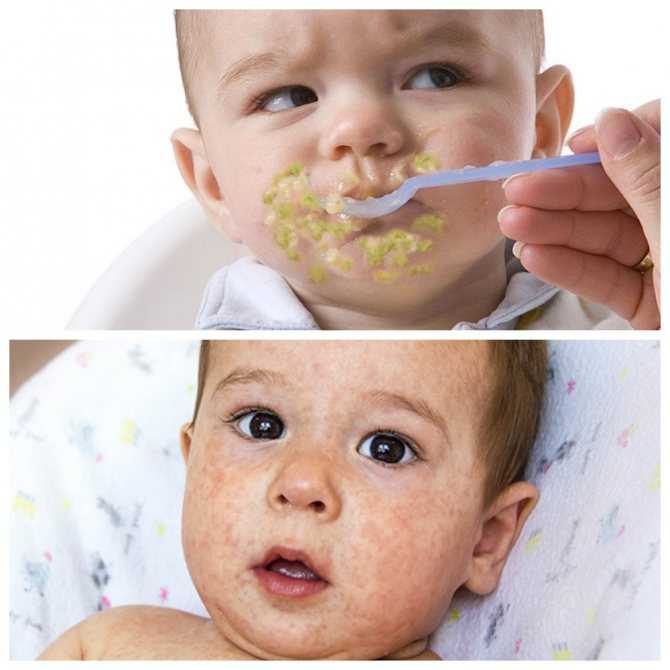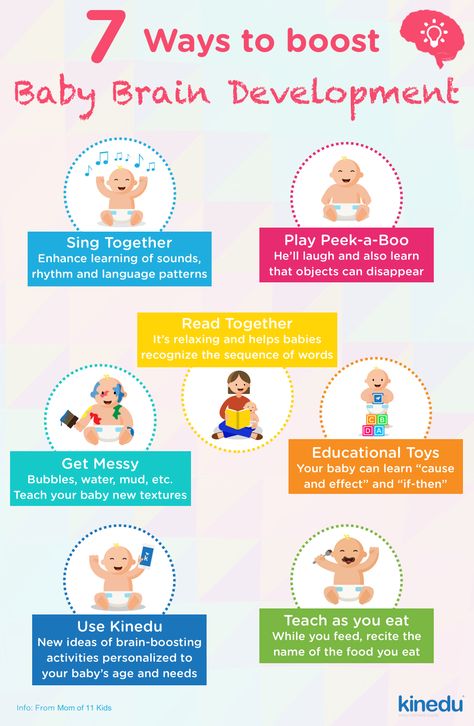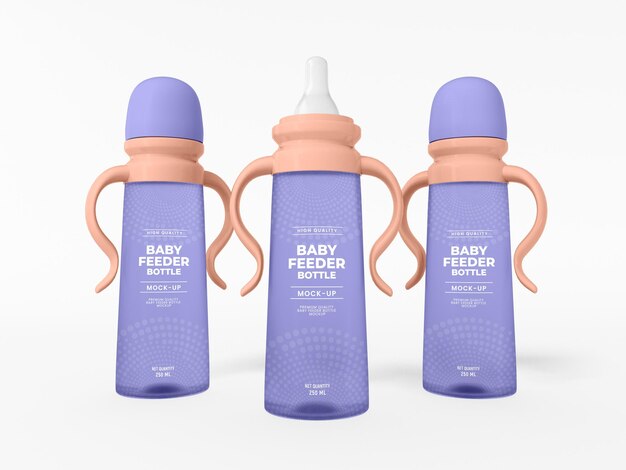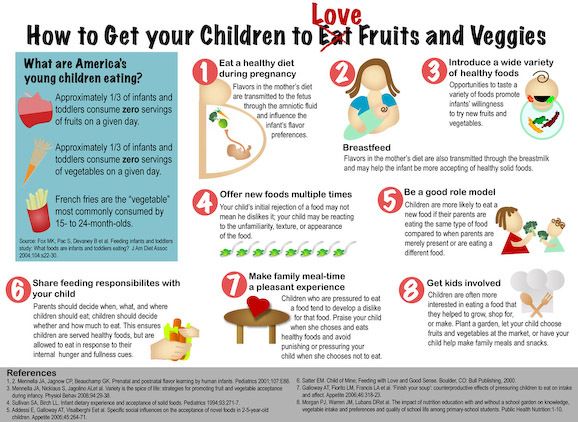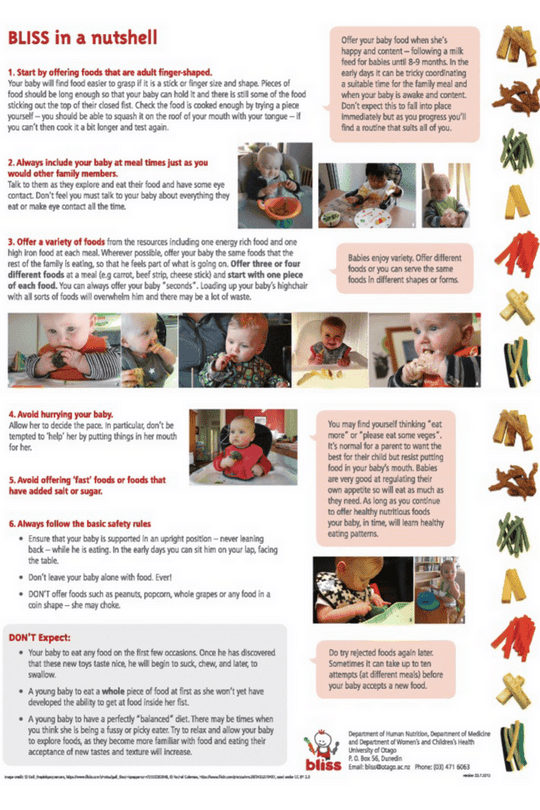Aspartame in baby food
Are Artificial Sweeteners Safe for Kids?
Contributors: Karen Ansel, MS, RDN, CDN
Published: April 08, 2021
Reviewed: March 30, 2021
martinplkang/iStock/Getty Images Plus/Getty ImagesIf you're concerned about the amount of sugar in your child's diet you might be wondering if artificial sweeteners are a smart alternative. Despite what you may have heard, artificial sweeteners such as aspartame, saccharine, neotame, acesulfame-K and sucralose don't cause birth defects or cancer and they aren't linked to behavior problems. Because they are hundreds of times sweeter than sugar, only tiny amounts are needed to equal the sweetening power of sugar. Before the government approves the use of any sweetener it carefully scrutinizes:
- How it is made
- Which foods it will be used in
- How much the average person will eat each day
- If it is potentially harmful to a person's health
It then sets a limit for the amount that a person can safely consume based on their body weight. That limit usually is many times more than the average child will ever eat. For example, a 40-pound child would need to eat 24 packets of aspartame or drink four 12-ounce cans of diet soda every day to reach this level.
That said, there is one group of kids who can't eat all artificial sweeteners: those with phenylketonuria, or PKU. People with PKU aren't able to metabolize phenylalanine, an amino acid in aspartame, so they're advised to steer clear of aspartame.
If your child is eating the occasional artificially sweetened food you have nothing to worry about. But, before you stock your fridge with artificially sweetened foods and drinks, remember that many of these — such as sugar-free ice cream and fruit flavored drinks — aren't always the most nutritious choices and can still fill kids up with empty calories. Make sure you're offering a wide variety of fruits for kids to satisfy their sweet cravings. For instance, sweeten plain yogurt with berries and add chopped fruit to hot or cold cereal. Make a homemade trail mix with a combination of dried fruit, nuts and seeds.
Make a homemade trail mix with a combination of dried fruit, nuts and seeds.
Here are some fruity recipes to try:
- Grilled Fruit Kebabs
- Breakfast Bulgur with Fruit and Nuts
- Tropical Fruit Yogurt Smoothie
- Apple Pie Fruit Leather
- Whole-Grain Fruit and Nut Dessert Bars
- Apple-Blueberry Crumble
- Cranberry-Almond Breakfast Cereal
- Baked Bananas in an Orange-Cinnamon Sauce
- Rainbow Yogurt Trifle Cups
- Juicy Mango Gelatin
- Blue Banana Smoothie
- Pear-Berry Breakfast Crisp
Tags
Find a Nutrition Expert
Looking for credible nutrition information and recommendations? The Academy of Nutrition and Dietetics' network of credentialed food and nutrition practitioners are ready to help!
See Directory
Aspartame - Birth Defect Fact Sheet
Download the PDF Version
Aspartame, sold under the brand names NutraSweet and Equal, has been promoted as a safe alternative for those who wish to avoid using sugar or saccharin.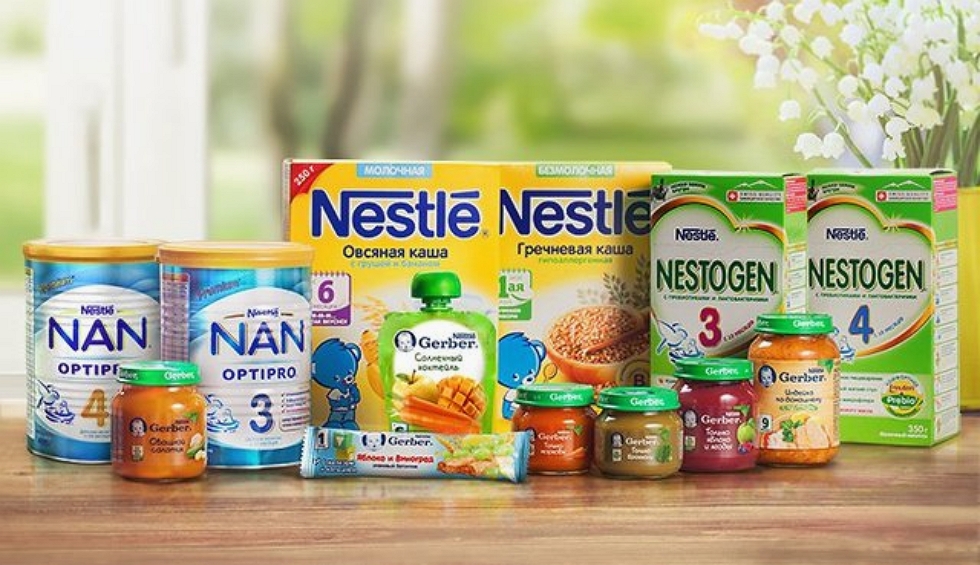 Aspartame is made of two amino acids (phenylalanine and aspartic acid) which are also found in all protein-containing foods such as meat. Since these amino acids are natural products, most people assume that they are safe to consume in unlimited quantities. New research, however, is raising serious questions about the safety of excessive aspartame exposure especially for the developing baby.
Aspartame is made of two amino acids (phenylalanine and aspartic acid) which are also found in all protein-containing foods such as meat. Since these amino acids are natural products, most people assume that they are safe to consume in unlimited quantities. New research, however, is raising serious questions about the safety of excessive aspartame exposure especially for the developing baby.
The aspartame controversy was first brought to BDRC’s attention by a pediatric nurse who put us in touch with the Mills family in Georgia. Their son Brandon was born with serious neurological impairment and developmental delays. Karen Mills was exposed to excessive doses of aspartame and phenylalanine during her pregnancy.
KAREN’S STORY – According to my obstetrician, I had a very normal pregnancy. I was in very good health, did not smoke, drink alcohol or take any drugs. I had a prenatal test to rule out any genetic birth defects they can test for and had sonograms early and late in pregnancy.
At the time of my pregnancy, I had not seen any proof of harmful effects of aspartame and no consumer warning was given on the use of NutraSweet products during pregnancy. In order to avoid additional sugar intake and weight gain and the fatigue resulting in blood sugar drop after drinking sugared beverages, I chose to drink beverages containing NutraSweet. I drank on the average of 4-6 twelve- ounce cans a day including: Diet 7-Up, Diet Coke, NutraSweet sweetened tea and lemonade. Six weeks into my pregnancy, I also started taking capsules containing 500 to l000 mg. of phenylalanine a day, because I had read that this amino acid could help relieve fatigue.
Brandon was born by C-section without any birth trauma or lack of oxygen. I was one week post full term and was not in labor when the C-section was done.
Brandon has severe neurological problems, causing vocal cord paralysis and swallowing dysfunction. His muscle spasms and vocal cord paralysis are caused by the brain signals to the muscles being “static” or distorted.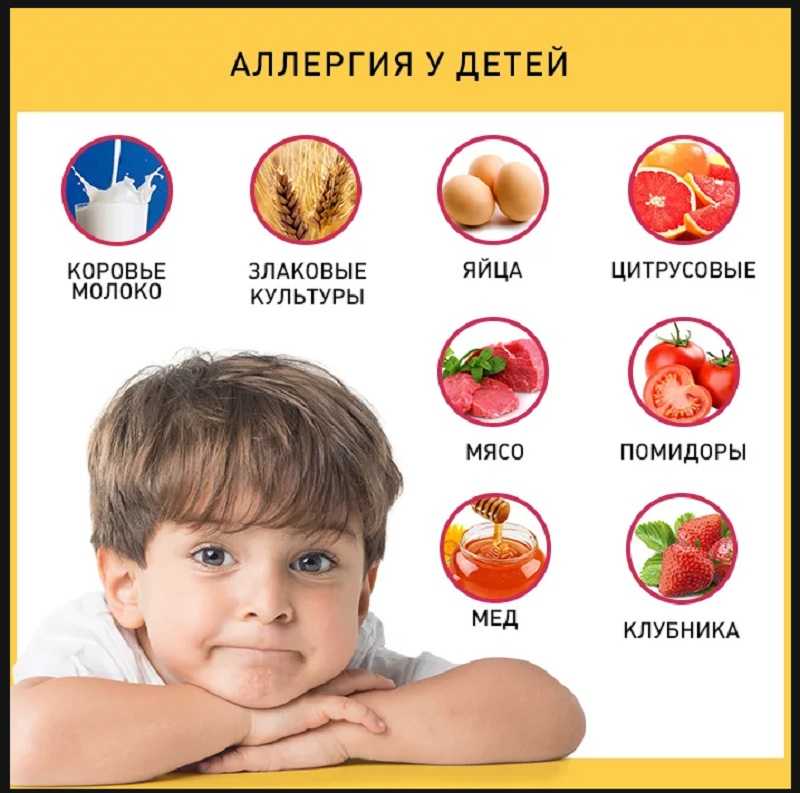 He is also diaphoretic, meaning that he has excessive perspiration. Other than this, Brandon is in good health. He laughs and smiles. He recognizes people and music he has heard before. He has learned to play games with us.
He is also diaphoretic, meaning that he has excessive perspiration. Other than this, Brandon is in good health. He laughs and smiles. He recognizes people and music he has heard before. He has learned to play games with us.
Recently Brandon has been diagnosed as severely retarded due to the severity of the neurological problem. He has to have a trach tube to help him breathe and a GI-tube in his stomach to help him eat since he cannot swallow foods without aspirating. There is possible brain cell damage, but this cannot be proven by testing and the degree of damage is unknown at this time.
Brandon has had numerous MRI tests, CAT scans, X-rays, a genetics study, blood testing and all results have come back normal.
I am suspicious that NutraSweet could be a contributing factor in Brandon’s situation since there are no physical or genetic causes revealed for his neurological problems. I hope that Brandon’s situation can be a reason to focus more testing on NutraSweet regarding the possible effects it could have on a developing fetus during pregnancy.
TESTING AT EMORY
Senator Howard Metzenbaum (D-Ohio) has been a very vocal critic of aspartame and has chaired hearings on its safety. Senator Metzenbaum put the Mills family in touch with Dr. Louis J. Elsas, II, the Director of Medical Genetics at Emory University School of Medicine. Dr. Elsas has co-authored numerous papers on aspartame research.
After examining Brandon and reviewing his prenatal history, Dr. Elsas proposed a test to determine whether Brandon might have been exposed to excessive levels of phenylalanine during prenatal development.
Karen was given capsules containing L-Phenylalanine which reached concentrations that approximated the highest amount she took during pregnancy. Blood tests were then made at intervals to determine the concentration of phenylalanine in her bloodstream. The data showed that her blood plasma concentrations of phenylalanine rose two and 2-l/2 fold over twelve days without an equal increase in other neutral amino acids thus producing an “imbalance”.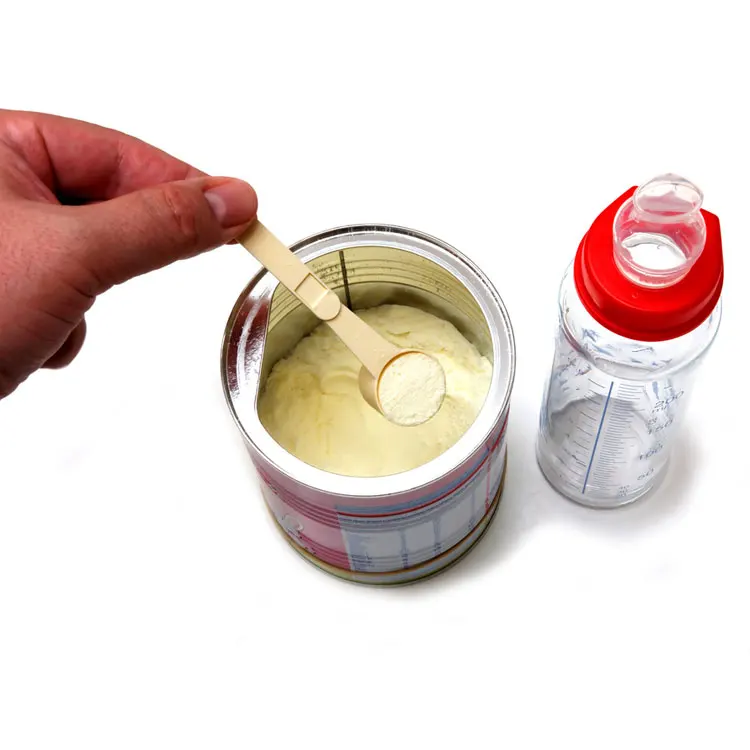 If this also happened during Karen’s pregnancy with Brandon, the placenta could have magnified this imbalance another two fold and his blood brain barrier would magnify it yet another two fold. Therefore, Brandon’s developing brain cells could have been chronically exposed to 500-600 mg of phenylalanine.
If this also happened during Karen’s pregnancy with Brandon, the placenta could have magnified this imbalance another two fold and his blood brain barrier would magnify it yet another two fold. Therefore, Brandon’s developing brain cells could have been chronically exposed to 500-600 mg of phenylalanine.
Could this excessive exposure cause the severe problems Brandon was born with? Since no one knows the level of consumption that might cause damage in a developing fetus, Dr. Elsas recommends that pregnant women avoid aspartame sweeteners.
THE RESEARCH ON ASPARTAME
The first indication of aspartame’s negative effects on brain function have come from animal studies. In rats, aspartame exposure raises the levels of brain chemicals associated with seizures. In more recent studies with mice, a researcher for the Utah State University Food Science Department has reported that aspartame induced changes in brain neurotransmitter levels controlling the pituitary gland, considered the “body’s master gland”. The mice were fed aspartame at realistic human equivalent levels of low, high and abusive consumption levels.
The mice were fed aspartame at realistic human equivalent levels of low, high and abusive consumption levels.
The most persuasive studies connecting aspartame to brain dysfunction come from research in humans and began with the study of an autosomal recessive disease called PKU. People with PKU are born with an inherited inability to metabolize phenylalanine. This causes excessive levels of phenylalanine to build
up in the blood which can damage the nervous system and cause retardation. Babies born with PKU must be placed on diets that restrict levels of phenylalanine found in the ordinary diet including any products containing aspartame.
About one in every 50 people carries the gene for PKU even though they do not have the disorder themselves. If a woman who carries the gene for PKU marries a man with the same recessive gene, she could give birth to a baby with the condition. If she consumed too much phenylalanine during pregnancy, her baby could be born mentally retarded.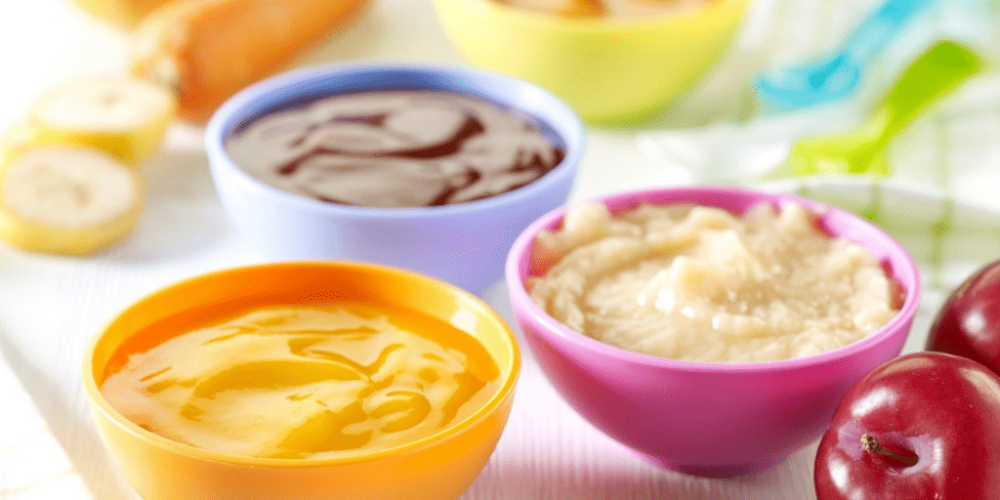
Parents who may carry the gene for PKU can be identified by measuring levels and ratios of phenylalanine and other amino acids after phenylalanine loading tests. This research has demonstrated that those who carry the gene for PKU also have a lower capacity to metabolize phenylalanine than normal people.If an unborn child does not have PKU, but carries the gene for the disease, he/she might be adversely affected by excessive exposure to phenylalanine during prenatal development.
Concern also exists regarding the effects of elevated phenylalanine in older PKU patients who have completed brain development. When these patients have been exposed to excessive levels of phenylalanine, they have demonstrated prolonged performance times on neuro-psychological tests of higher integrative function.
The most disturbing research on phenylalanine is found in recently published studies of its effects on the normal human brain. These studies show that elevated phenylalanine levels caused significant, widespread EEG (brain wave) slowing in neurologically normal subjects.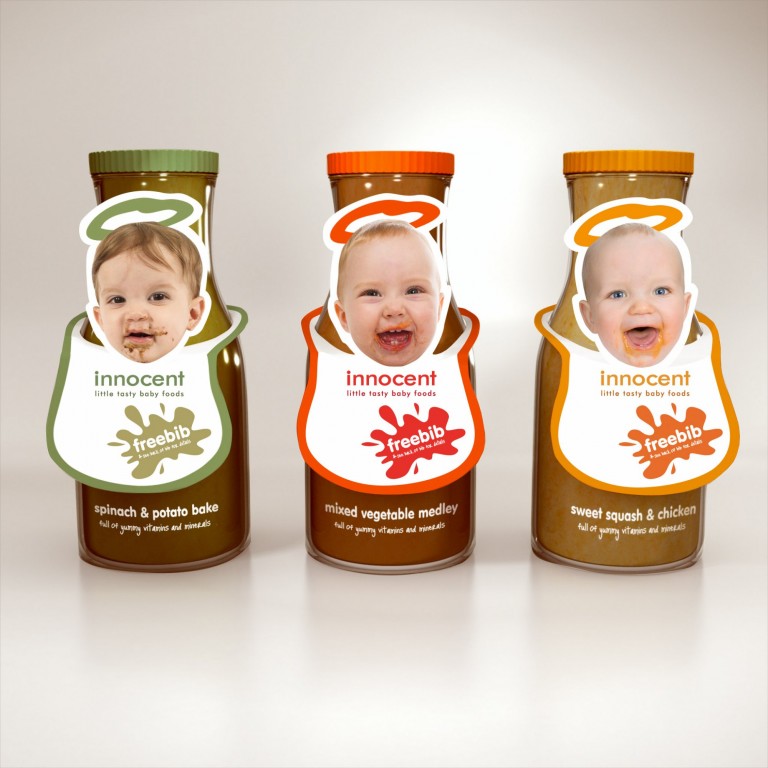 The effects are reversible when the phenylalanine levels are lowered.
The effects are reversible when the phenylalanine levels are lowered.
Additional research by Woodrow Monte, the director of the Food Science and Nutrition Laboratory at the Arizona State University shows that when aspartame breaks down in the body, it releases methyl alcohol (a brain toxin) into the bloodstream. Dr. Monte thinks the neurological problems reported by aspartame consumers might be caused by this toxic by-product.
It is important for the public to be aware that the safety of aspartame is controversial, (especially during pregnancy) since aspartame may soon be an ingredient in more and more processed foods. NutraSweet, a subsidiary of the Monsanto Company, has recently announced that it has perfected a process to keep aspartame from breaking down at the high temperatures required for baking. This new process could open the door to the $l5 billion-a-year sweet baked goods market.
REFERENCES
Diamond, Pamela: “Sweet Talk”, Working Mother, pg.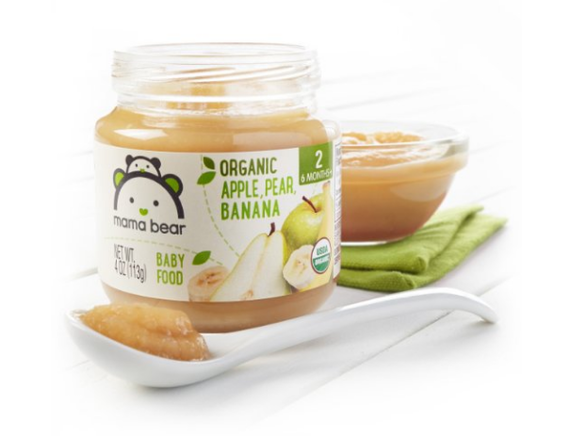 78, October l987. Federal Register, Vol. 49, No. 36, Wednesday, February 22, l984.
78, October l987. Federal Register, Vol. 49, No. 36, Wednesday, February 22, l984.
Elsas, J.L. and Trotter, J.F., “Changes in physiological Concentrations of Blood Phenylalanine Produce Changes in Sensitive Parameters of Human Brain Function”, Division of Medical Genetics, Dept. of Ped., Emory University School of Medicine, Atlanta, GA 30322.
Krause, W., Halminski, M., MaacDonald, L. et al, “Biochemical and Neuropsychological Effects of Elevated Plasma Phenylalanine in Patient with Treated Phenylketonuria”, J Clin Invest, Vol. 75, January l985, pgs. 40-48.
Krause, W., Epstein, C., Averbook, A. Dembure, P. and Elsas, L. “Phenylalanine Alters the Mean Power Frequency of Electro-encephalograms and Plasma L-DOPA In Treated Patients with Phyenylketonuria” , Pediatric Research, pgs. ll2-ll6, Vol. 20, No. ll, l986.
Paul, T.D., Brandt, I.K., Elsas, L.J. et al “Pheynylketonuria Heterozygote Detection in Families with Affected Children”, Am J Hum Genet, 30: 293-30l, l978.
Griffin, R.F., Humienny, M.E., Hall, E.C. and Elsas, L.J. “Classic Phenylketonuria: Heterozygote Detection during Pregnancy”, Am J Hum Genet, 25:646-654, l973.
Epstein, C.M., Trotter, J.F., Averbrook, A., Freeman, S., Kutner, M.H. and Elsas, L.J., “EEG means frequencies are sensitive indices of phenylalanine effects on normal brain” Electro-encephalography and Clinical Neurophysiology, l989, 72:l33-l39, Elsevier Scientific Publishers Ireland, Ltd.
Downloadable PDF Version
-
Make a Donation
Your donation helps us to continue collecting data and doing research on birth defects for scientific studies, public awareness and community advocacy.Donate Now
-
The National Birth Defect Registry
Because your child’s birth defect had a cause.
-
Birth Defect News
This is a closed group designed to bring together parents who have filled out the National Birth Defect Registry so they have a place to discuss their child’s conditions.
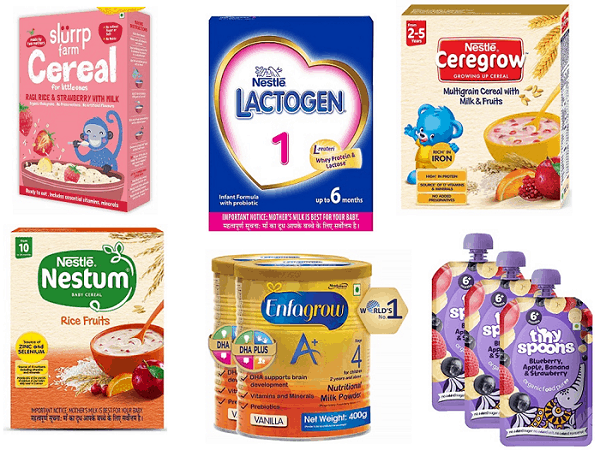
Click to Join.-
For daily information about new research on birth defects, visit our Facebook page.
-
Environmental Reports
Reports and fact sheets on national birth defect issues related to toxins. Read More..
Sweeteners in baby drinks | Shumerlinsky municipal district of the Chuvash Republic
The question of how to give babies water is relevant in any season: both in summer and in winter. And it is important to know what drinks are necessary and useful for children under three years of age, when the body is still very sensitive to external influences and may react negatively to certain drinks. There are drinks for children that can bring undoubted benefits to the baby, and there are those that can cause various problems - from caries to obesity.
Sweeteners are substances used to give a sweet taste to food. The industry uses both natural and artificial ingredients.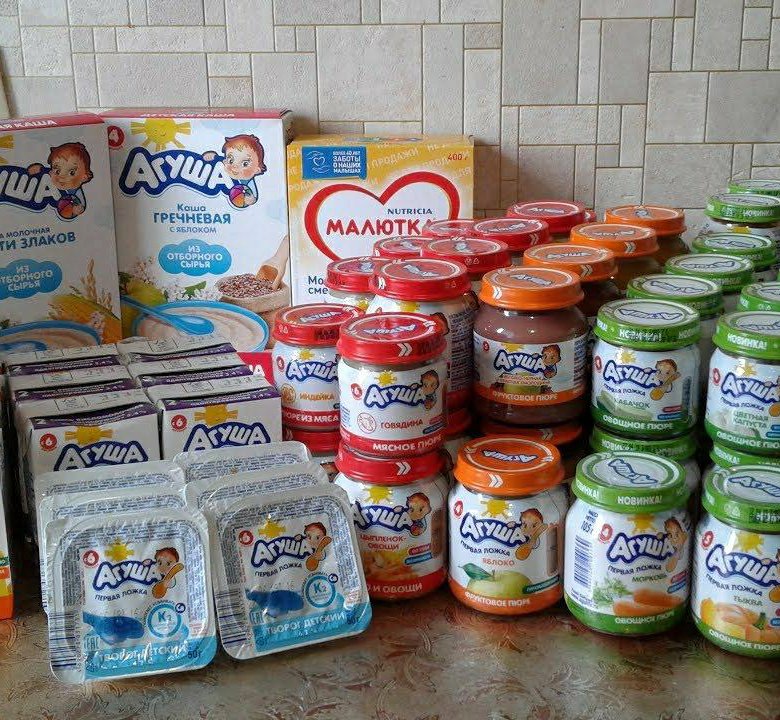 Only natural sweeteners such as fructose, lactose and glucose are allowed in baby food.
Only natural sweeteners such as fructose, lactose and glucose are allowed in baby food.
Synthetic sweeteners - aspartame, xylitol, cyclomate and others - are not recommended for preschool children. Products containing saccharin are strictly contraindicated for children.
Of course, in today's world it is impossible to completely protect a child from nutritional supplements. It's no secret that sugar causes spikes in blood glucose levels, which can lead to imbalances and, as a result, chronic health problems. In addition, this imbalance can affect a child's behavior, attention, and learning ability.
When choosing drinks for children, it is important to carefully study product labels, especially paying attention to their detailed composition, expiration dates and manufacturers. In the composition of products for children, it is desirable to avoid such components that can adversely affect the health of babies. These include:
- food additives E951 and E952, which belong to the category of sugar substitutes, have a sweeter taste, exceeding sugar by about a hundred times, and can cause fatigue when consumed.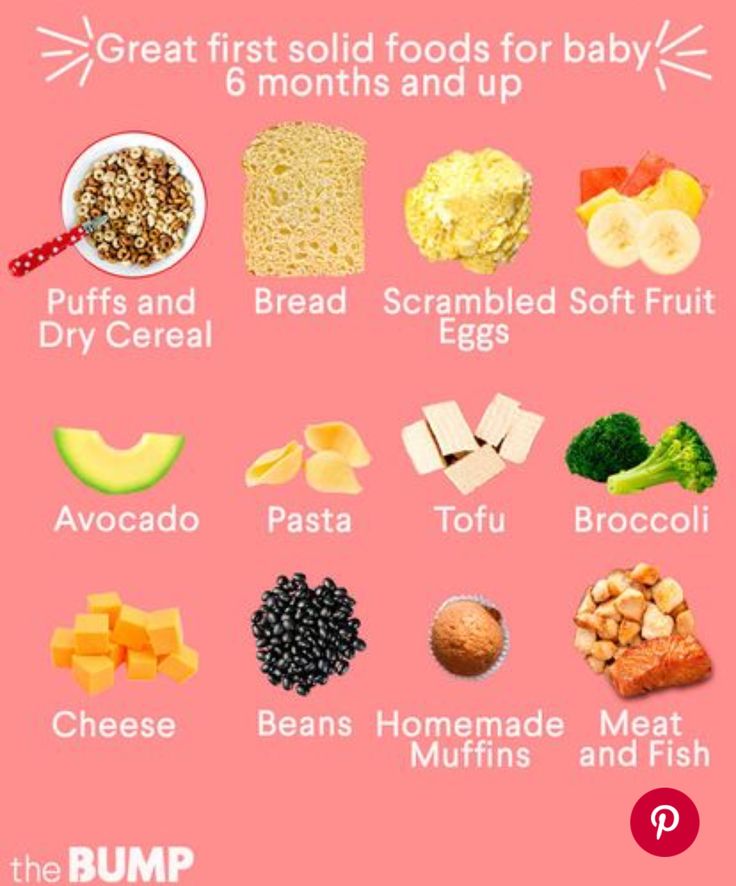 Negatively affect the memorization of information, can lead to a deterioration in brain function;
Negatively affect the memorization of information, can lead to a deterioration in brain function;
- food supplement E950, which is called acesulfame potassium, which has an extremely negative effect on the work of the heart;
- food additive E211, related to preservatives that preserve food, but can have an extremely adverse effect on the digestive system, and also have an extremely negative effect on the functioning of the respiratory organs;
- E330 or citric acid negatively affects the composition of tooth enamel, destroying it;
- E95, aspartame sweetener, can lead to provoking diabetes and oncology.
Are there healthy sugar alternatives for children?
There are many sweeteners on the market that can be considered natural. But you need to understand that most natural sweeteners still affect blood sugar levels.
Control over the level of sweeteners in juices is carried out on the basis of the laboratory of the Center for Hygiene and Epidemiology in the Chuvash Republic-Chuvashia.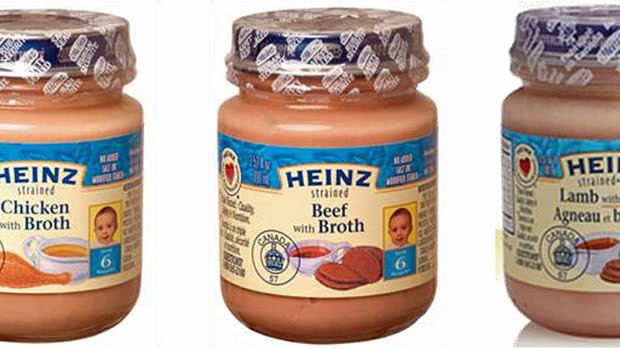 In 2019, the Department of Physical and Chemical Research conducted 54 tests of juices (Frutonyanya, Agusha, Sady Pridonya, Babushkino Lukoshko and others) for the content of sweeteners: saccharin, aspartame, acesulfame potassium. According to the results of the research, their content did not exceed the maximum permissible concentrations.
In 2019, the Department of Physical and Chemical Research conducted 54 tests of juices (Frutonyanya, Agusha, Sady Pridonya, Babushkino Lukoshko and others) for the content of sweeteners: saccharin, aspartame, acesulfame potassium. According to the results of the research, their content did not exceed the maximum permissible concentrations.
Thus, it is important to pay more attention to the study of the composition of the purchased product. Do not forget that the health of children largely depends on proper nutrition.
FBUZ Center for Hygiene and Epidemiology in the Chuvash Republic of Chuvashia
Physico-chemical studies
Chemist-expert Maria Nikolaevna
Chemist-experts Olga
chemist-experts. Natalya Dmitrievna
Laboratory doctor-Dmitrieva Lyudmila Gennadievna
analogues, how to use it, the harm of the sweetener
"Whoever eats sweets is punished with obesity, and whoever does not eat sweets is evil.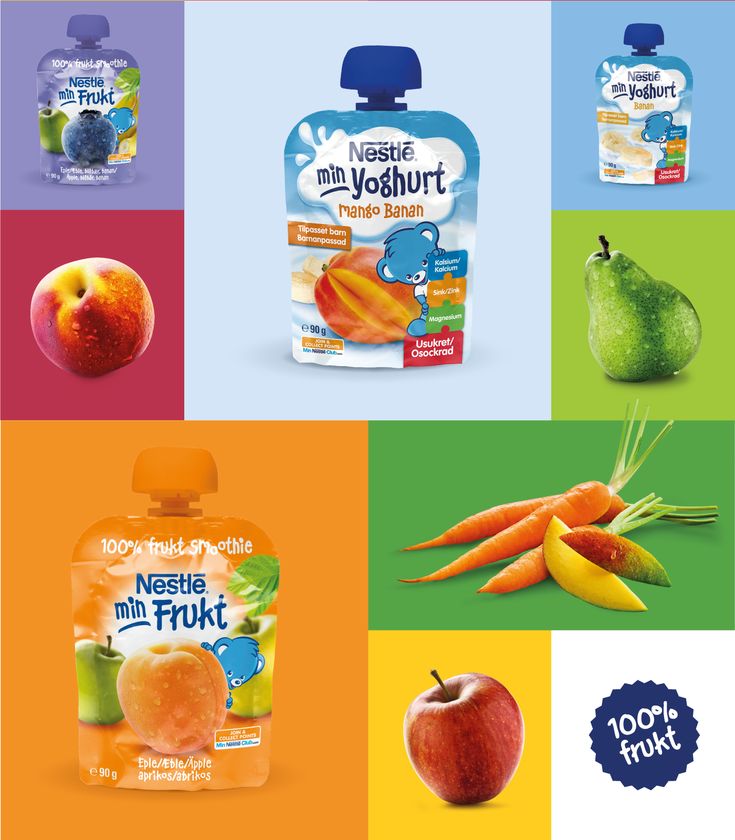 " If your reasoning leads to conclusions that are not particularly encouraging, something needs to change. After all, for some reason, receptors that distinguish between sweet tastes were donated to humans.
" If your reasoning leads to conclusions that are not particularly encouraging, something needs to change. After all, for some reason, receptors that distinguish between sweet tastes were donated to humans.
So food should be sweet at least sometimes. It only remains to figure out what kind of sweetness is considered food. Sweets today are in abundance and they are different. You have probably heard of the sweetener aspartame. What is aspartame? What is its harm and benefit? And how to apply it?
In this article:
What is aspartameThe harm of aspartameThe benefits of aspartameThe use of aspartame
What is aspartame
Photo by Universal Eye on Unsplash
Aspartame is a synthetic sweetener that may go by the names Aspamix, Nutrasvit, Sladex, Sladis Lux, Slastilin, Milford Aspartame, Novasvit, or Shugafri. In the composition of products, it can be marked under the code E951.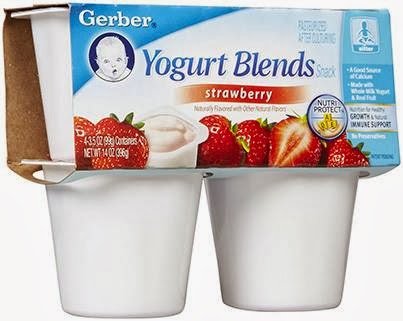
Aspartame is used as a sugar substitute as a food additive. The molecule of this sweetener consists of two amino acids (aspartic, phenylalanine) and methanol. It appears as white crystals and is odorless. Aspartame is almost 200 times sweeter than white sugar.
But since this sweetness is lost when heated, it is used in products that do not need to be cooked.
The calorie content of aspartame is so small that its presence is not taken into account in the dish when calculating the energy value. A small amount of this food additive is enough to give the expected sweetness.
It has been observed that aspartame, unlike white sugar, leaves its aftertaste much longer after consumption. E951 is easily soluble in water.
This sugar substitute is by far the most widely used of all synthetic sweeteners.
One of the reasons aspartame is used is that aspartame has a high concentration of sweetness and does not promote insulin production.
But at the same time, it cannot be said that aspartame has something beneficial for the health of the person himself.
This food additive is used in the manufacture of yoghurts, vitamins, confectionery, pharmacological drugs, diet foods, breakfast cereals, smoothies, juices, baby food and even toothpaste.
Aspartame is also available as a tablet for diabetic or obese people.
Which sweetener should I choose?
The opinion on the daily dosage of E951 is ambiguous: approximately from 20 mg to 40 mg per kilogram of human weight.
Harmful aspartame
Everything that is ingested by a person can cause harm to health if certain conditions are created for this.
The obvious harm of aspartame affects the well-being when it is consumed in excess of the allowable daily allowance. In such cases, nausea and vomiting may occur.
What else needs to be considered?
- Aspartame contains the amino acid phenylalanine. This poses a threat to the health of patients with phenylketonuria. Therefore, in such cases, the E951 supplement is directly contraindicated for use.

- Aspartame also contains methanol, from which formaldehyde is formed, which in turn contributes to the formation of cancer. The methanol content is small, but in case of a disposition to oncology, you should be more careful with E951.
- The sweetener can cause allergic reactions, so people with increased sensitization of the body should be especially careful.
- When heated, E951 decomposes into carcinogens and loses sweetness, so it is not recommended to add aspartame to hot drinks and pastries.
- Sugar substitute may stimulate appetite. Uncontrolled appetite leads to excess weight.
- Aspartame may increase the likelihood of migraines in some cases.
- All synthetic sugar substitutes stimulate bile secretion. Aspartame use can exacerbate health problems in people with gallstones and cholecystitis.
- The use of aspratam during pregnancy, breastfeeding and in childhood may be dangerous due to possible allergic reactions.
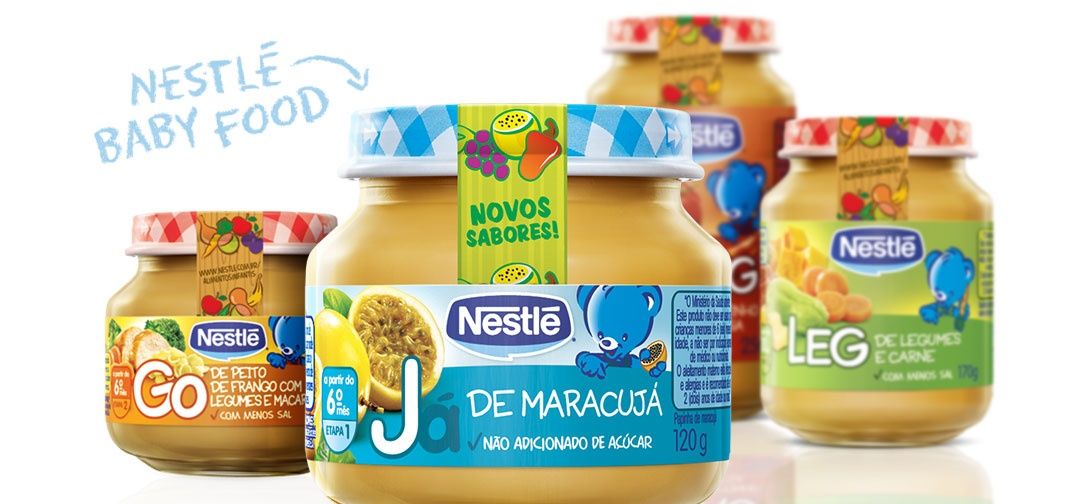
- Too much aspartame can cause hormonal imbalance and neurological changes
Benefits of aspartame
Aspartame is very useful in the food industry. Imagine either 200g of sugar, or 1g of aspartame that is equivalent in sweetness. There is a difference? Much more sweetness is achieved with a much smaller amount. It's economical.
In addition, the useful properties of the E951 additive are:
- the possibility of using in diabetes to add sweetness to products and at the same time not increase insulin and blood glucose
- low calorie content, which makes it possible to use the sweetener in obesity and metabolic syndrome
- no effect on tooth enamel
- the ability to enhance the taste of foods and dishes
- prevent delamination of products and maintain a uniform consistency
- preservative property, extending the shelf life of products
If we talk about the benefits of this additive, then it concerns the manufacturer more than the consumer.
Aspartame use
Although doctors disagree about the use of aspartame in food, it is best to always consult with a specialist (or maybe more than one) before making an independent decision in this matter.
Aspartame is considered to be less harmful if it is not exposed to high temperatures and consumed no more than the allowed daily dose.
It comes in powder or tablet form. It is usually recommended to use 15-30 mg of sweetener per glass of drink.
If you decide to use this food supplement, you should be aware that it can also be found in vegetable products, sweet and sour fish preserves, sauces, mustard, ham, sausages, etc.
It is very difficult to control the intake of sweetener. It's best to read the ingredients. Otherwise, there is a chance of getting an overdose of the E9 supplement.51.
You can often find products that contain sweeteners other than aspartame, such as acesulfame. This is also better to consider if there are any health problems.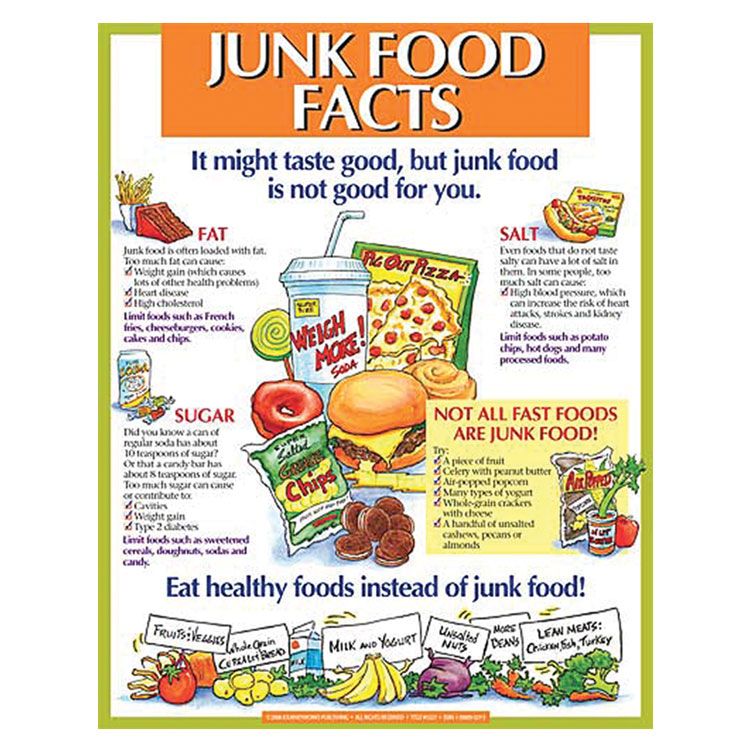
Drinks containing aspartame do not quench thirst. Therefore, if you want to drink, water will help you. The health benefits and harms of aspartame continue to be debated. The opinions of nutritionists on this matter are also divided.
There is an assertion that as soon as a direct link between the use of aspartame and its clear harm to health is confirmed, this supplement will immediately be removed from consumption. But this once again confirms that the absence of the danger of E951 cannot be 100% denied.
Be that as it may, the use of aspartame is definitely not recommended for an ordinary healthy person, because this supplement does not carry any therapeutic effects, no benefits other than sweetness.
Man has been given not only receptors that distinguish between the taste of bitterness and sweetness. Man is gifted with reason and thinking abilities to distinguish good from bad.
Using sweets wisely, you will have healthy teeth, a slim body and a good mood.